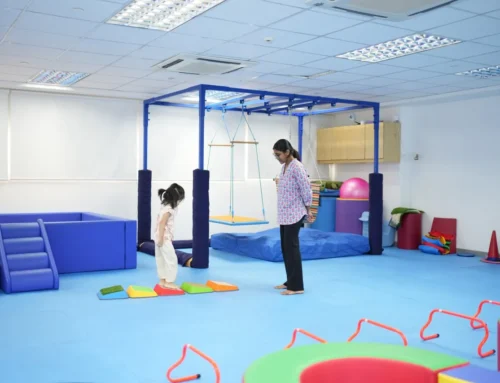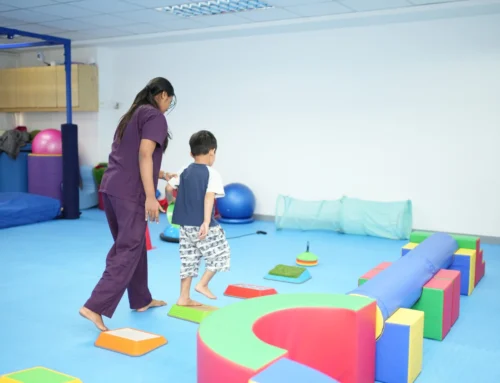When children squeeze, roll, and mold playdough, it may look like simple fun—but it’s actually a sensory-rich activity that builds the foundation for learning, regulation, and coordination. In Phnom Penh, more families are turning to trusted Development Schools like OrbRom Center to provide meaningful hands-on experiences that support the growing needs of their Kids, especially those requiring Special developmental support.
At OrbRom, we view tactile play as one of the most powerful tools for nurturing young minds and bodies. Whether a child is struggling with sensory sensitivity, delayed fine motor skills, or emotional regulation, engaging with different textures can open the door to growth.
What Is Tactile Play?
Tactile play involves activities that stimulate the sense of touch. These might include:
-
Squishing playdough
-
Digging in sand or rice
-
Painting with fingers
-
Water play or slime exploration
These activities are far more than messy play—they activate the nervous system, help children process sensory input, and build the brain-body connection essential for movement, speech, and self-regulation.
The Developmental Benefits of Tactile Play
Tactile play supports a wide range of skills that children need to succeed:
-
Sensory Integration: Children learn to tolerate, seek, or avoid different textures in a safe and playful way.
-
Fine Motor Control: Manipulating dough strengthens hand muscles used for writing, cutting, and self-care.
-
Emotional Regulation: Repetitive, soothing movements like kneading or squeezing help reduce anxiety and improve focus.
-
Creativity and Language: As children shape, build, and name their creations, they expand vocabulary and expressive skills.
At OrbRom, we intentionally embed tactile play into therapy and classroom routines, especially for children with sensory processing challenges, autism, or developmental delays.
A Safe Space for Sensory Exploration in Phnom Penh
For some children, tactile input is overwhelming. For others, it’s a calming, organizing force. That’s why our Occupational Therapy Services include personalized sensory profiles that guide how each child engages with touch-based materials.
Our trained therapists design sessions using playdough, textured fabrics, fidget tools, and other materials to:
-
Improve tolerance of new sensations
-
Help regulate arousal levels (hyperactive or under-responsive states)
-
Prepare children for real-world tasks like dressing, writing, and eating
-
Encourage social interaction through shared play
Whether a child needs to reduce tactile defensiveness or increase sensory engagement, we meet them where they are and help them move forward.
Encouraging Tactile Play at Home
Parents in Phnom Penh can easily support tactile development at home:
-
Create a “sensory station” with safe, supervised materials (e.g., playdough, rice bins, water trays)
-
Let your child lead: ask, “How does that feel?” or “What will you make?”
-
Use everyday materials like flour, oats, or shaving cream for fun exploration
Consistency is key—just 10–15 minutes a day of tactile play can have long-term developmental impact.
Your child’s hands are their most powerful tools for learning. At OrbRom Center, we help children explore their world through touch, movement, and joy—building confidence and developmental strength every step of the way.
We are the only Preschool specialized on children with special needs in PhnomPenh.
- Internationally qualified teachers
- Cambodia’s largest sensory room
- Outdoor swimming pool
- Covered outdoor playground
📞 Phone: 077.455.993
Telegram Link: https://t.me/OrbRom





